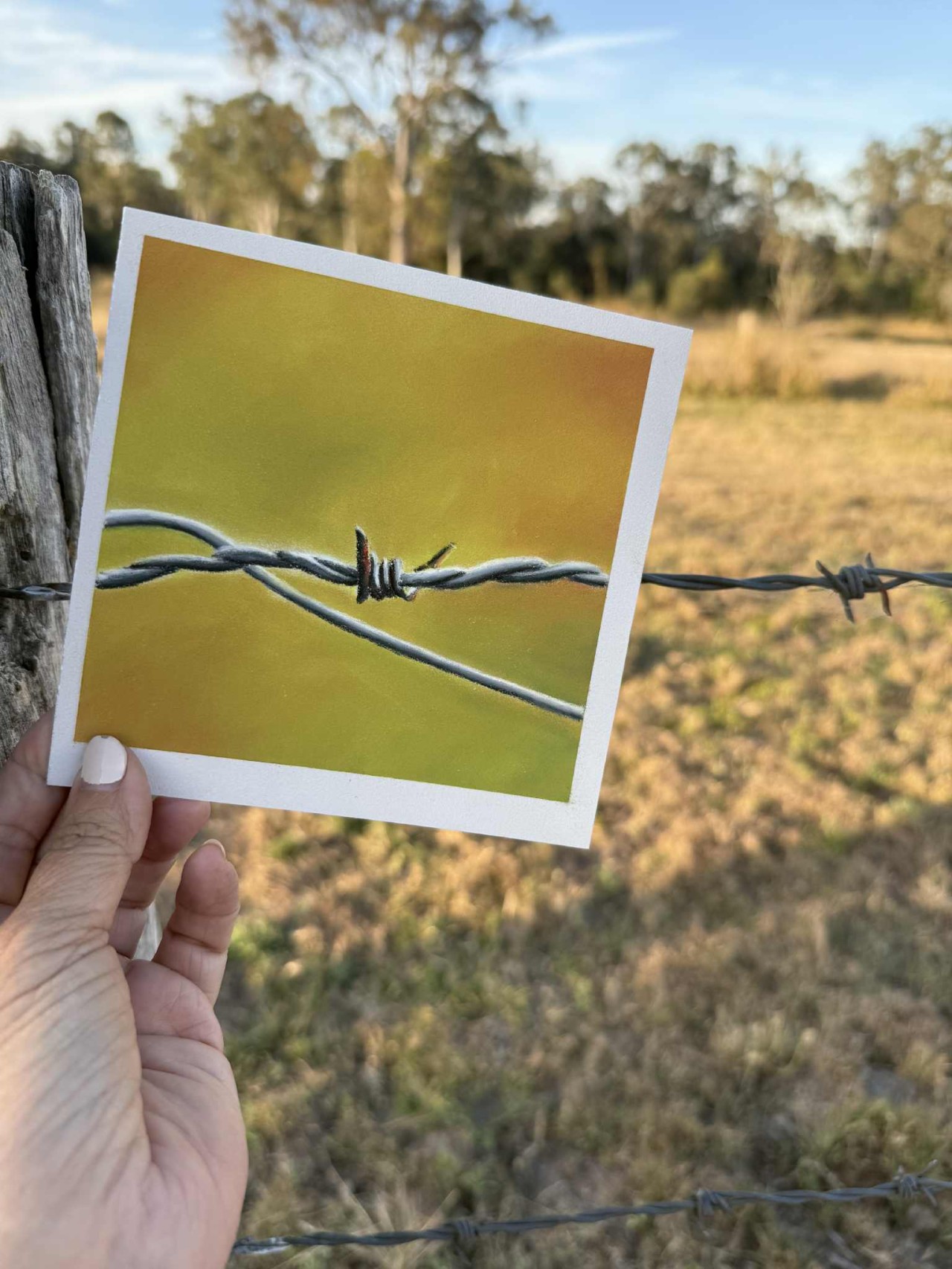How Art Supports Mental & Emotional Health
Discover how making art supports mental health—reducing stress, lifting mood, and helping you cope with pain, loss, and caregiving.
Life has a way of throwing challenges at us, even when we finally reach the stage where we thought we’d have more time for ourselves. Many of my students are navigating knee operations, arthritis, loss of eyesight, grief from losing a partner, or the ongoing responsibility of caring for aging parents. Even in retirement, life isn’t always the slow, peaceful chapter we expect—and I know that makes it difficult to focus on art.
But this is also the season when art can become more than just a hobby. It can be a lifeline.
Art has a unique power to support mental and emotional health. It’s not about creating a masterpiece or producing something to hang on the wall—it’s about giving yourself permission to create, to process emotions, and to find peace in the simple act of making.
Art as Self-Care
Think of art as a form of self-care, just like journaling, walking, or gardening.
-
Reducing anxiety: Studies show that artmaking lowers cortisol levels—the stress hormone—and boosts serotonin, the “feel good” chemical.
-
Boosting mood: Even just 20 minutes of sketching, painting, or doodling can shift your outlook and help you feel lighter.
-
Processing emotions: When words are hard to find, art gives us another language. A splash of red can carry anger, a swirl of blue can express sadness, and a burst of yellow might remind us of hope.
The Science Behind It
68b65b9238c5c_lg.png)
Neuroscience backs up what artists have always known: art lights up the brain’s reward system. When we’re absorbed in creativity, we enter a state of flow—similar to meditation—where time falls away and our busy minds finally quiet down.
Art also fosters mindfulness. Whether you’re layering pastel strokes, mixing paint colors, or shading with a pencil, you’re rooted in the present moment. That pause from worry and stress is incredibly healing.
Practical Tips for Using Art as Therapy
If you’ve been away from your art table because life feels overwhelming, here are some gentle ways to return:
-
Create without judgment: Don’t pressure yourself to make a “good” piece. Scribble, splash paint, or just play. The process is what matters.
-
Use soothing colors and patterns: Soft blues, greens, or repetitive marks like circles and waves can help calm the nervous system.
-
Draw feelings, not objects: Instead of painting a landscape or an animal, let your emotions take form as abstract shapes or colors.
-
Keep it small: A postcard-sized piece can be less daunting and still incredibly satisfying.
Strategies to Make Art Part of Your Week
Consistency—not perfection—is what helps the most. Here are some ways to gently reintroduce art into your routine:
-
Schedule “creative appointments” – Put a weekly art session in your calendar, even if it’s just 20 minutes.
-
Pair it with something familiar – Sketch with your morning tea, or paint while listening to your favorite radio show.
-
Prepare a simple kit – A sketchbook and a few pencils or pastels, ready to go, removes the barrier of setup.
-
Start with warm-ups – Quick swatches, color mixing, or playful doodles take the pressure off and get you into flow.
-
Celebrate progress, not perfection – Take photos of your work at each stage. When you look back, you’ll see growth you may not notice in the moment.
A Gentle Reminder
If you’re struggling right now—whether with health, grief, or the demands of caring for others—it’s okay if your art practice looks different. Maybe it’s smaller, slower, or less frequent. That doesn’t make it less valuable.
Even 10 minutes of mindful creativity can give you a sense of calm and control in a world that sometimes feels overwhelming. Art won’t take away life’s challenges, but it can help you navigate them with a little more lightness.
So pick up a pencil, brush, or pastel stick—just for you. Not for anyone else. Not for a gallery or a gift. Just for the joy, healing, and quiet strength it brings.
Kerri xx
Ps. If your looking for a supportive art community, then The Creative Barn Membership could be exactly what your looking for. Check out the Essentials Tier Here.
Categories: : inspiration, Mindset

Want to learn about Soft Pastels?
Click on the button to register and get instant access to the free Pastel Basics for Beginners workshop.
Listen as I walk you through the essentials supplies needed to get started in Pastel painting.
I teach you how to create this little barbed wire piece during the class. Everything you need is in the PDF workbook you'll receive when you register.
 Kerri Dixon
Kerri Dixon 
